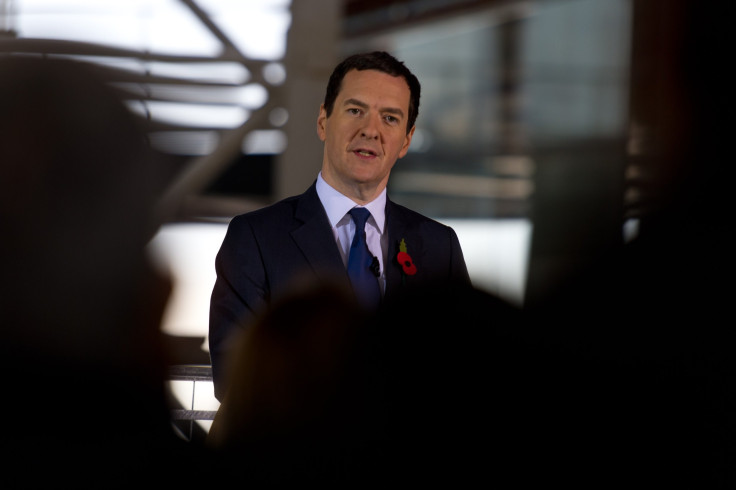UK Finance Minister George Osborne Warns Of ‘Dangerous Cocktail’ Of Economic Threats

A “dangerous cocktail of new threats” should act as an antidote to “creeping complacency” that the British economy is immune to headwinds impacting other countries across the globe, George Osborne, the U.K.’s chancellor of the exchequer, warned, during a speech in Cardiff Thursday.
“Our antidote is to go on putting our own house in order here in Britain, so, far from ‘mission accomplished’ on the economy, 2016 is the year of ‘mission critical,’” Osborne reportedly said, pointing to the slowdown in China, slide in commodity prices and political uncertainties in several emerging market economies.
“I worry about a creeping complacency in the national debate about our economy. A sense that the hard work at home is complete and that we’re immune from the risks abroad. A sense we can let up, and the good economic news will just keep rolling in,” Osborne said. “We are only seven days into the New Year, and already we've had worrying news about stock market falls around the world. … Commodity prices have fallen very significantly. Oil, which was over $120 a barrel in 2012, now stands at less than $40.”
Osborne’s gloomy outlook for the new year came on the same day the British Chambers of Commerce’s survey of 7,500 firms found that manufacturing in the country fared worse than the services sector and was “close to stagnation.”
The survey, which paints a grim picture of an economy starting to buckle under a confluence of global pressures, echoes similar figures released earlier this month. The worsening outlook also gives the Bank of England — which announces its latest policy decision on Jan. 13 — reason to keep interest rates at a record low.
However, in an interview with BBC radio Thursday, Osborne said that businesses in the country should be “ready” for an increase in interest rates.
“Just before Christmas the United States saw a rise in interest rates, the Federal Reserve put interest rates up. That was the beginning of the exit, if you like, from the very, very low interest rates in the so-called ultra-loose monetary policy that was put in place during the crash,” Osborne reportedly said. “Of course there will come a point where that happens in Britain, a decision made by our independent central bank. Rising interest rates can be a sign of a strong economy.”
© Copyright IBTimes 2024. All rights reserved.












